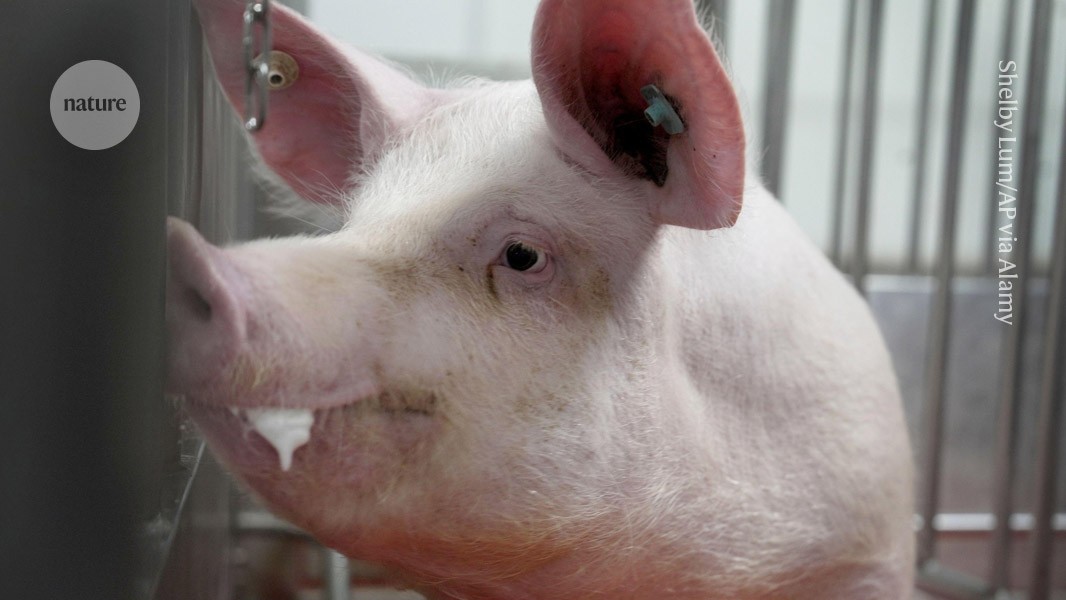
"The first trial to test genetically modified pig livers for treating organ failure has been approved by the FDA, marking a significant breakthrough in xenotransplantation."
"This trial, targeting patients with severe liver failure, signifies the culmination of extensive research in xenotransplantation and offers hope for those lacking available human organs."
"Wayne Hawthorne states that this advancement underscores the value of decades of research, as it addresses a serious condition with a high mortality rate."
"The trial will temporarily connect patients to pig livers for filtration of blood, monitored over a year for safety and liver function improvement."
The FDA has greenlighted a groundbreaking trial to test genetically modified pig livers as a treatment for individuals with severe liver failure, who lack viable human organ donors. This trial represents significant progress in xenotransplantation, promising value after years of research. The initial phase involves four participants connected temporarily to a pig liver for blood filtration. Over a two-week period, monitoring will occur to assess safety and liver function changes. The genetically modified organs aim to mitigate rejection risks and offer hope for patients with acute-on-chronic liver disease.
Read at Nature
Unable to calculate read time
Collection
[
|
...
]